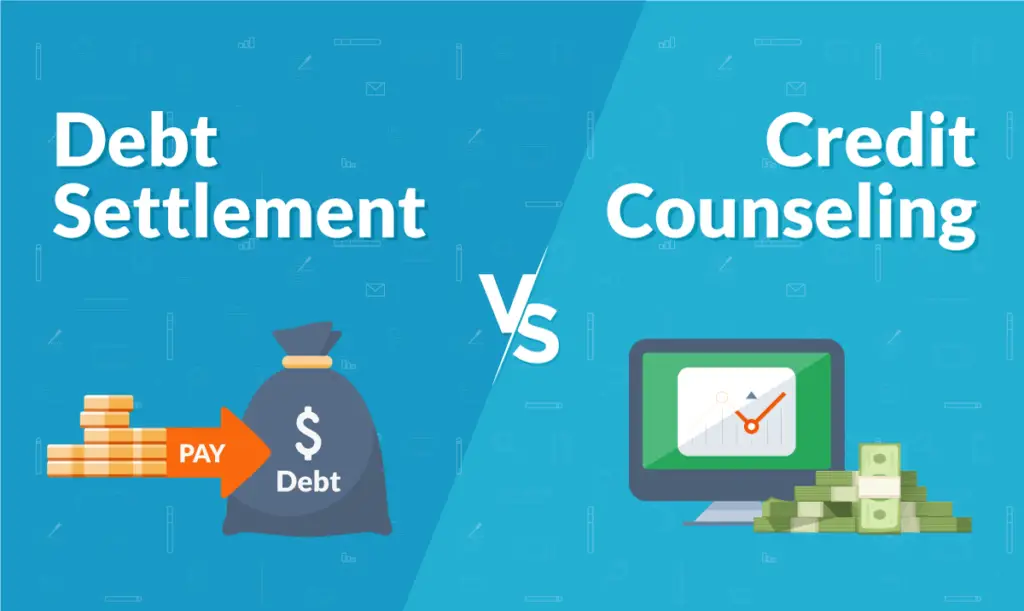Credit repair and debt consolidation are two financial strategies that many people use to manage their finances. While both options can help manage debt and make it easier for individuals to get out of financial trouble, there are differences between credit repair and debt consolidation. So, which option is the best for people looking to get out from under their debt? In this article, we’ll compare the two and provide you with an in-depth understanding of how credit repair and debt consolidation work, the benefits and drawbacks of each, and help you determine which option is best for your situation.
What is Credit Repair?
Credit repair is a process of improving a credit score by addressing negative items and improving one’s creditworthiness. Credit repair is beneficial as it allows consumers to become eligible for better-interest rates, larger amounts of credit, and to become accepted for loan products and services. Credit repair services typically involve identifying and challenging negative items on a credit profile that are dragging down a credit score. In order for a credit repair service to be effective, the items must be legitimate errors that can be removed from the credit profile. Once identified, the credit repair specialist will engage with the credit bureaus to dispute and remove the items from the credit profile.
What is Debt Consolidation?
Debt consolidation is a way to manage and reduce debt through the combination of multiple debts into one loan with a single payment. This loan is then used to pay off all other debts, leaving the borrower with just one manageable monthly payment at a lower interest rate than those of the original loans.
Benefits of Credit Repair
The primary benefit of credit repair is that it can help consumers with bad credit improve their credit score. Improving one’s credit score can lead to lower interest rates and better loan terms on future loans, as well as access to capital that may have been denied before due to a poor credit score. Additionally, credit repair can open the door for better insurance rates, or even employment opportunities.
Benefits of Debt Consolidation
The primary benefit of debt consolidation is that it can dramatically reduce the amount of interest being paid on a borrower’s debt. By combining all debts into one loan and securing a lower interest rate, consumers can save significantly on the interest they would have to pay over the life of the loan, leading to quicker repayment of the loan. Additionally, debt consolidation can also help borrowers simplify their debt repayment process, as they only have to manage one loan instead of numerous payments to different lenders.
Drawbacks of Credit Repair
The main drawback of credit repair is that it doesn’t address the underlying cause of the bad credit score: the borrower’s spending habits. Because credit repair is focused on fixing or improving informationon a credit report, it does not actually address the issue that caused the bad credit score. Additionally, credit repair can be a time-consuming process, and may not yield the desired results.
Drawbacks of Debt Consolidation
The main drawback of debt consolidation is that it can be more costly than other debt repayment options. The reason is that debt consolidation typically requires the borrower to take out a new loan, which can result in additional fees, such as origination fees, that can increase overall debt costs. Additionally, debt consolidation may also involve extending the repayment term, resulting in more interest being paid over the life of the loan.
The Best Option for you
The best option will depend on the individual’s situation, goals, and financial resources. Credit repair is often recommended for individuals who have errors or incorrect information on their credit report and are looking to improve their score. If the individual has a large amount of debt, however, debt consolidation may be a better option as it can result in lower interest rates and shorter repayment terms. Ultimately, individuals should take the time to evaluate their own situation and do their research in order to find the option that is the best fit for them.
Final Thought
Credit Repair vs Debt Consolidation is a decision best made by the consumer based on their own individual goals. Credit repair can help improve a credit score quickly and gives individuals access to better financing and products. Debt consolidation can help simplify repayment and reduce the overall amount of interest and fees associated with debt. Neither option is better than the other as they both offer unique benefits and should be considered based on an individual’s needs.
Credit repair and debt consolidation can both be effective strategies for improving one’s credit score and managing debt. Ultimately, it is important for individuals to assess their own situation and do their research in order to determine which option is best for their specific needs. Ultimately, with the right information, individuals can make informed decisions that are in their best interests.

